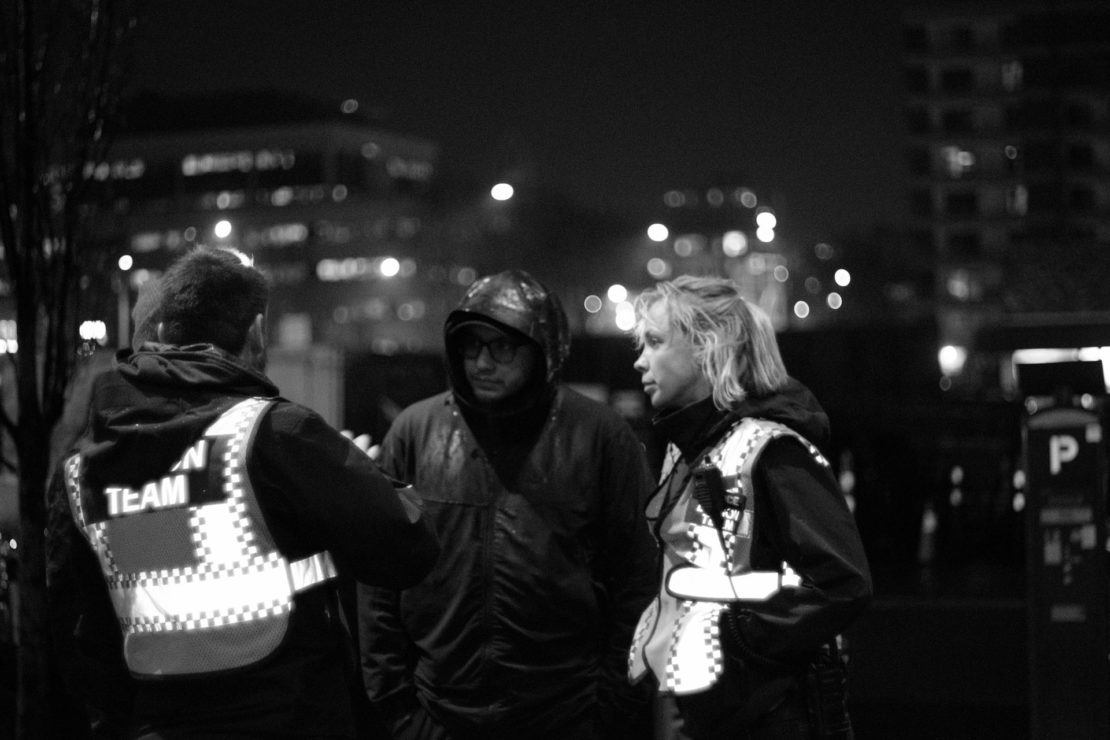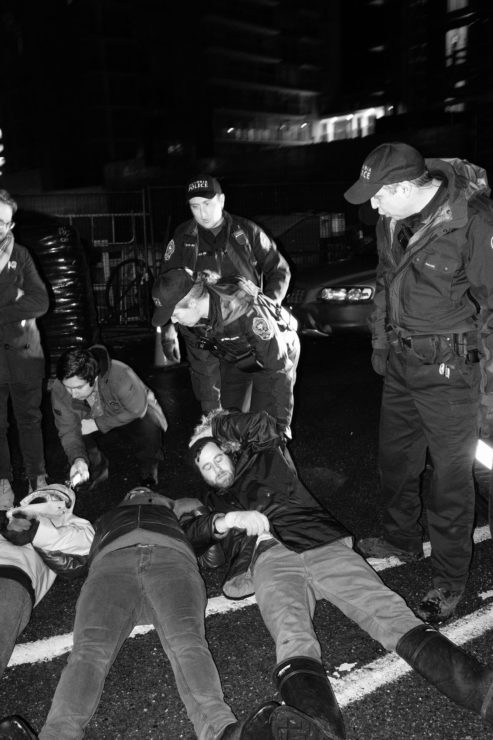
Among chants of “Black Lives Matter,” another related call is gaining traction: “defund the police.”
Behind these calls is a key message — if we defund the police, we have more money for important social services. The Victoria Police Department (VicPD) receives an exorbitant amount of money that could be better spent elsewhere, especially given the institutionalized racism embedded in policing.
Currently, 23 per cent of Victoria City Council’s budget goes to VicPD. In comparison, the Victoria Fire Department receives 7 per cent.
Despite this, City Council announced in April that they had agreed to reallocate $52 000 from their “Late Night… Great Night!” program — which works to lessen late-night crime and disorder — to VicPD, so they could increase police presence at the Topaz Park homeless encampment. The subsequent enforcement of a provincial order to evacuate the Topaz and Pandora camps brought arrests and dissatisfaction in the street community over how the situation was handled.
Black Lives Matter protests have rightly asked the question: what keeps our communities safe?
VicPD’s budget is also steadily increasing. Most recently, in November, VicPD asked for a funding raise of 4.43 per cent, or $2.5 million.
If VicPD is asking the city for extra funding then where is their enormous budget being spent?
In January, we reported on a Wet’suwet’en solidarity action at the B.C. Ministry of Energy, Mines, and Petroleum Resources. At 7 p.m., police blockaded the ministry doors. At 3 a.m., 30 officers were on scene and began arresting 12 members of the Indigenous Youth for Wet’suwet’en inside. Members of the Indigenous Youth for Wet’suwet’en later filed complaints which alleged that VicPD had used unnecessary force and that many of those arrested suffered injuries.

Together with their recent funding allocation for Topaz Park, VicPD has spent at least $235 500 in 2020 on policing protests and the street community.
Defunding the police has been a popular rallying cry at protests across the world, and ideas vary from getting rid of police departments entirely to allocating some of their funding to support programs in marginalized communities and more effective training for police. Regardless of whether departments are eliminated or simply reduced, defunding the police is about making communities safer.
There is no lack of amazing social services in Victoria that need, and deserve, more funding.
The Victoria Sexual Assault Centre offers around-the-clock help and services for sexual assault survivors in an area markedly more comforting than the police precinct. The Anti-Violence Project does similar work on campus, and breaks down gender-based violence at its core by providing workshops about consent. Our Place provides affordable housing for members of Victoria’s unhoused community. All of these programs are massively underfunded despite giving actual support to those in need.
Despite being just two per cent of the City’s budget, libraries provide critical literacy and education services. Additionally, in a city that prides itself on being a climate leader, “solid waste and recycling” is just one per cent of the municipal budget and two per cent is allocated towards “sustainable planning and community development.”
Black Lives Matter protests have rightly asked the question: what keeps our communities safe?
For BIPOC communities especially, law enforcement is not the answer. The long-overdue protests taking place around the world over issues of systemic racism and police brutality have brought to the forefront a different option to simply enlarging already bloated police budgets: defunding the police.







